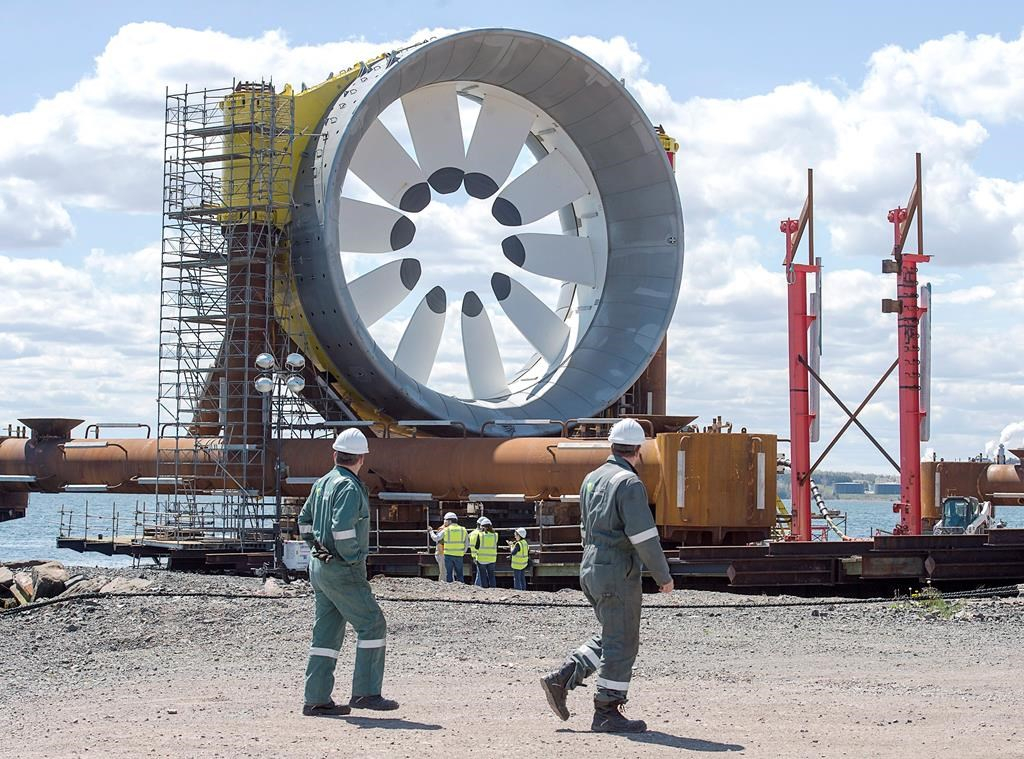Support strong Canadian climate journalism for 2025
Nova Scotia energy company Emera Inc. is spending $6.2 million on a research centre for so−called smart−grid technologies at the University of New Brunswick, the company announced Friday in a push to explore more renewable energy sources.
Emera president Chris Huskilson said the centre will explore renewable sources like solar power and the best ways to integrate them.
"What we really want to do is create some world−class capability and expertise through the centre and then use that to serve the utilities that we serve right across the continent and in the Caribbean," he said.
"We’ll come up with practical approach to do this to and to hopefully supply for our customers lots of options and more affordability for clean energy."
Huskilson said the goal is to also give consumers more control over their energy choices.
The Halifax−based energy company said the Emera and NB Power Research Centre will support an Emera chair and fund smart grid research, while forging industry partnerships.
He said the initiative — which includes NB Power, Emera and the university — fits in with the company’s work to reduce the use of fossil fuels, increase renewable resources and use smarter technologies.
University president Eddy Campbell called it an example of a "strong academic−industry partnership that will fuel innovation and growth in the economy."
Smart grid refers to electricity systems that have high levels of renewable energy generation and low levels of carbon emission.
Huskilson said Emera will use its operation in Barbados "as a test bed," to evaluate clean energy applications. The small island nation is aiming to become completely renewable by 2045, he said.





Comments